History, that enigmatic and oft-contested realm, is a powerful teacher, offering us insights into the past and, in turn, shaping our understanding of the present and future. Yet, history is not a monolithic entity, nor is it immune to bias and distortion. For too long, Eurocentric narratives have held sway, casting a shadow over the rich tapestry of African history and culture. Thankfully, a new generation of African artists is rising to the challenge, using their creative prowess to delve into history and reclaim the narratives that have so often been overlooked or misrepresented. In this journal, we will explore the innovative and thought-provoking work of these artists who, through their engagement with the African past, are providing a more inclusive and accurate understanding of history.
A. The significance of historical narratives in African art
From the earliest rock art to the intricate sculptures of the Benin Kingdom, Africa’s artistic traditions have long served as a reflection of its historical events and cultural values. Today’s contemporary African artists continue this legacy, engaging with historical themes to offer fresh perspectives and insights into the past.
a. Traditional art as a reflection of historical events and cultural values
Throughout Africa’s history, art has played a pivotal role in preserving and transmitting cultural knowledge and narratives. From the ancient rock paintings of the Sahara to the intricate bronze sculptures of the Benin Kingdom, the artistic expressions of Africa’s diverse cultures bear witness to the rich tapestry of the continent’s past.
b. Contemporary art engaging with historical themes
Contemporary African artists are also deeply engaged with historical themes, using their creative talents to explore, reinterpret, and reclaim the stories of their ancestors. Through their work, these artists are not only celebrating Africa’s rich cultural heritage but also challenging the distortions and omissions that have long plagued the continent’s historical narratives.
B. African artists reinterpreting colonial history
The specter of colonialism looms large over Africa’s history, casting a dark and enduring shadow. Yet, a growing number of African artists are rising to the challenge, using their creative talents to reinterpret and challenge colonial narratives and stereotypes.
a. Challenging colonial narratives and stereotypes
Colonialism left a lasting impact on Africa, shaping the continent’s political, economic, and social landscape in profound and often destructive ways. In response, African artists have sought to reclaim and reinterpret their history, challenging the Eurocentric narratives that have long dominated the discourse.
b. Yinka Shonibare’s sculptures and installations
Nigerian-British artist Yinka Shonibare is renowned for his provocative sculptures and installations, which engage with themes of colonialism, identity, and cultural hybridity. By incorporating Dutch wax fabric, a material with a complex colonial history, into his work, Shonibare invites viewers to reflect on the entangled histories of Africa and Europe, challenging conventional narratives and offering a more nuanced understanding of the past.
c. Kehinde Wiley’s portraits
American artist Kehinde Wiley, of Nigerian descent, is celebrated for his striking portraits, which often feature African and African diaspora subjects in the style of European Old Masters. Through his work, Wiley challenges the Eurocentric bias of art history, asserting the presence and importance of Black subjects in the artistic canon. In doing so, he reclaims the narrative and offers a powerful counterpoint to traditional representations of power and beauty.
d. Omar Victor Diop’s photography
Senegalese photographer Omar Victor Diop explores themes of identity, history, and representation in his captivating images. By reimagining iconic European paintings with Black subjects and incorporating African visual elements, Diop challenges the Eurocentric focus of art history and invites viewers to reconsider the roles and contributions of Africans in the broader historical narrative. His work serves as a powerful reminder of the importance of reclaiming and celebrating Africa’s complex and diverse heritage.
C. African artists exploring pre-colonial history and indigenous cultures
Beyond engaging with the colonial past, African artists are also delving into the rich tapestry of pre-colonial history and indigenous cultures, celebrating the diversity and resilience of Africa’s many peoples.
a. Celebrating the richness and diversity of African history and heritage
Pre-colonial Africa was a vibrant and dynamic mosaic of cultures, languages, and traditions. By exploring and celebrating this rich heritage, African artists are not only shedding light on the continent’s storied past but also challenging the narrow, Eurocentric view of history that has long held sway.
b. Sokari Douglas Camp’s sculptures
Nigerian artist Sokari Douglas Camp draws on her Kalabari heritage in her striking sculptures, which often incorporate traditional African materials and motifs. Through her work, Camp pays homage to the richness and diversity of Africa’s pre-colonial cultures, offering a powerful counterpoint to the dominant narrative of African history as a tale of victimhood and suffering.
c. Julie Mehretu’s abstract paintings
Ethiopian-born artist Julie Mehretu creates abstract paintings that engage with themes of history, identity, and migration. By incorporating elements from ancient Ethiopian art and architecture, as well as other global artistic traditions, Mehretu’s work serves as a visual testament to the interconnectedness of human history and the enduring power of cultural exchange.
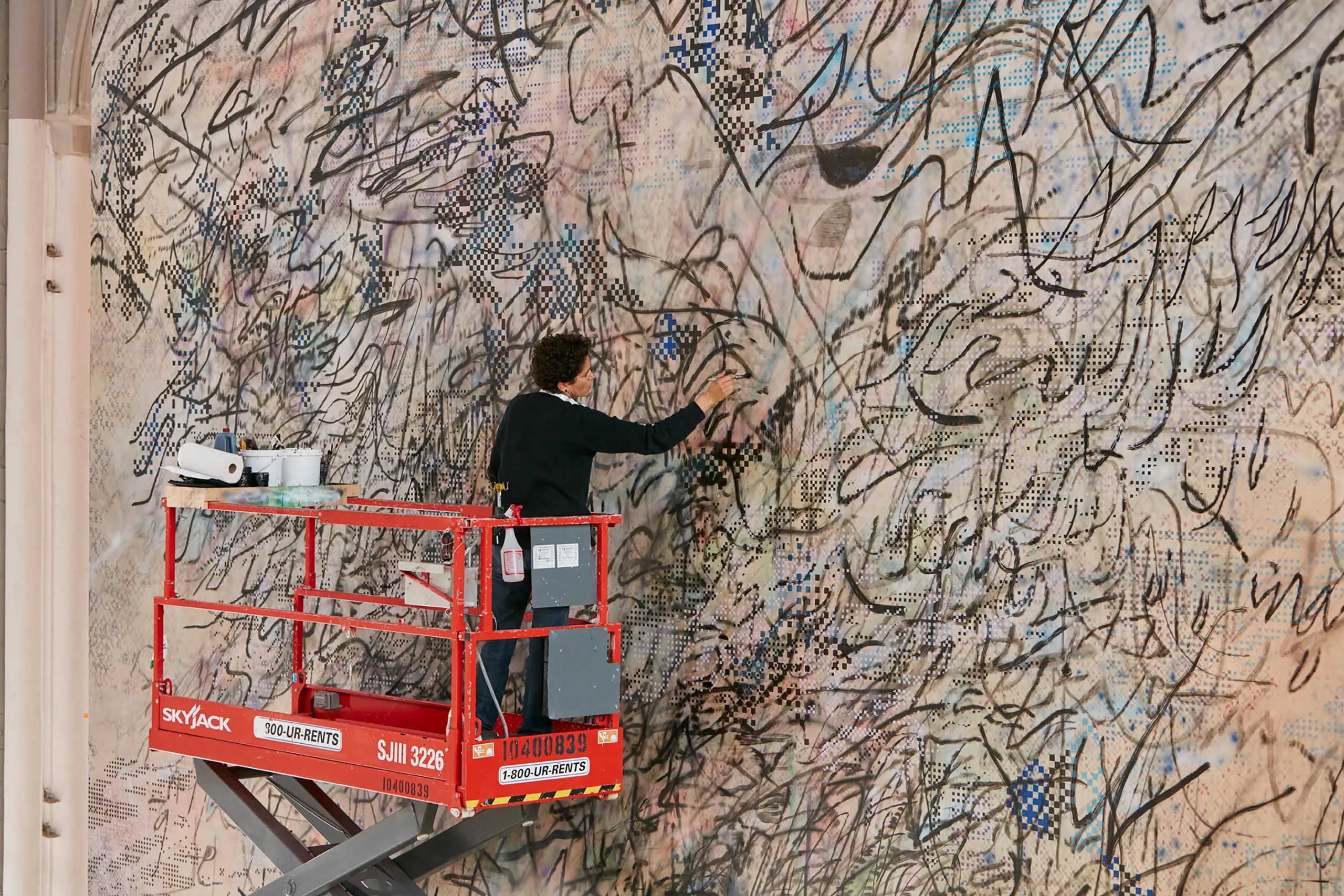
d. Wangechi Mutu’s multimedia installations
Kenyan artist Wangechi Mutu draws on a range of sources, from African mythology and folklore to contemporary global issues, to create her evocative multimedia installations. Through her work, Mutu offers a fresh perspective on Africa’s pre-colonial past and the enduring influence of indigenous cultures on contemporary African identity.
D. African artists highlighting the stories of marginalized groups
In their quest to reclaim historical narratives, African artists are also giving voice to the stories of marginalized groups, whose experiences have often been overlooked or silenced.
a. Zanele Muholi’s photography documenting the LGBTQ+ community
South African artist and visual activist Zanele Muholi uses her photography to document and celebrate the lives and experiences of the LGBTQ+ community in Africa. Through her intimate and powerful portraits, Muholi challenges the stigma and discrimination faced by LGBTQ+ individuals and asserts their rightful place in the historical narrative.
b. Mary Sibande’s sculptures and installations exploring the lives of domestic workers
South African artist Mary Sibande uses her sculptures and installations to explore the experiences of Black domestic workers, a group whose stories have often been marginalized in historical accounts. By giving voice to their experiences, Sibande highlights the resilience and strength of these women and challenges the dominant narrative of victimhood.
c. Adama Delphine Fawundu’s mixed media work examining the experiences of African women
Brooklyn-based artist Adama Delphine Fawundu, of Sierra Leonean and Guinean descent, uses photography, textiles, and other media to explore the experiences of African women, both on the continent and in the diaspora. Through her work, Fawundu challenges conventional representations of African women and highlights the importance of their stories in shaping a more inclusive and accurate understanding of history.
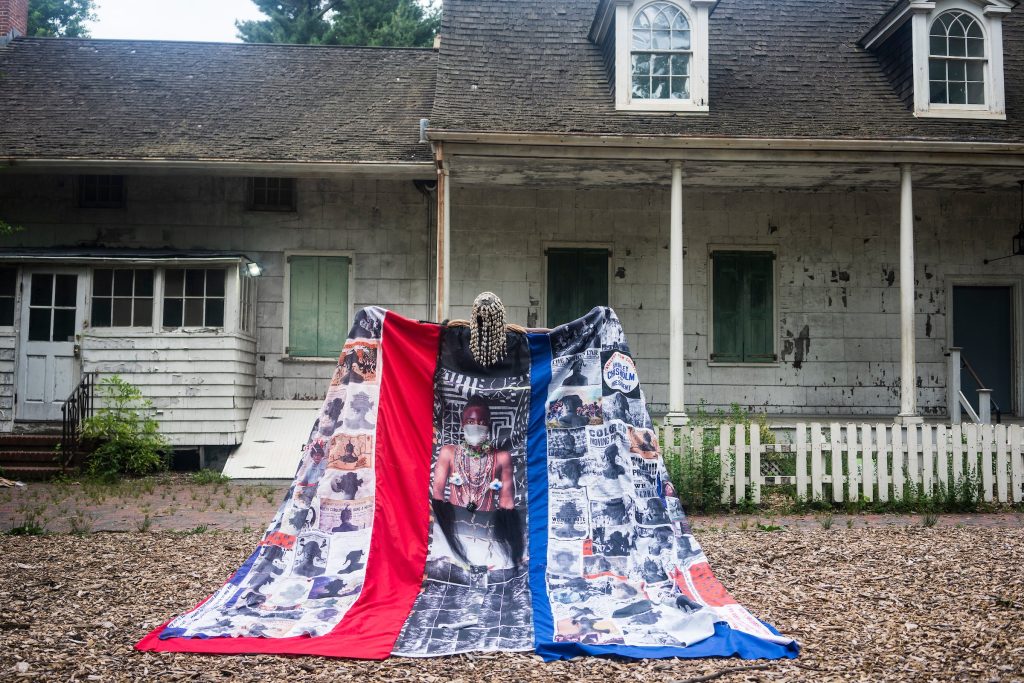
In conclusion, the work of African artists serves as a powerful testament to the potential of art as a means of exploring and reclaiming historical narratives. Through their innovative and thought-provoking creations, these artists are shedding light on the untold stories of Africa’s past, challenging the Eurocentric bias that has long dominated the historical discourse, and offering a more nuanced understanding of the continent’s rich and diverse heritage.
A. Recap of the main points
- The significance of historical narratives in African art
- African artists reinterpreting colonial history
- African artists exploring pre-colonial history and indigenous cultures
- African artists highlighting the stories of marginalized groups
B. The importance of reclaiming narratives in shaping a more inclusive and accurate understanding of history
By engaging with historical themes and offering alternative perspectives on the past, African artists are not only enriching our understanding of history but also contributing to a more inclusive and empathetic global culture. As storytellers and educators, these artists play a crucial role in fostering dialogue and understanding between diverse communities and cultures, helping to bridge the divides that have long separated us.
C. Final thoughts
Through their diverse and powerful work, African artists are playing a crucial role in reclaiming historical narratives and providing a more inclusive understanding of the past. By challenging conventional wisdom and offering fresh insights into the stories that have shaped our world, these artists are not only celebrating the richness of Africa’s heritage but also reminding us of the transformative power of art as a means of exploring and reflecting upon our shared human history. As we continue to grapple with the legacies of the past, the work of these artists serves as a beacon of hope and a testament to the enduring power of human creativity and resilience.

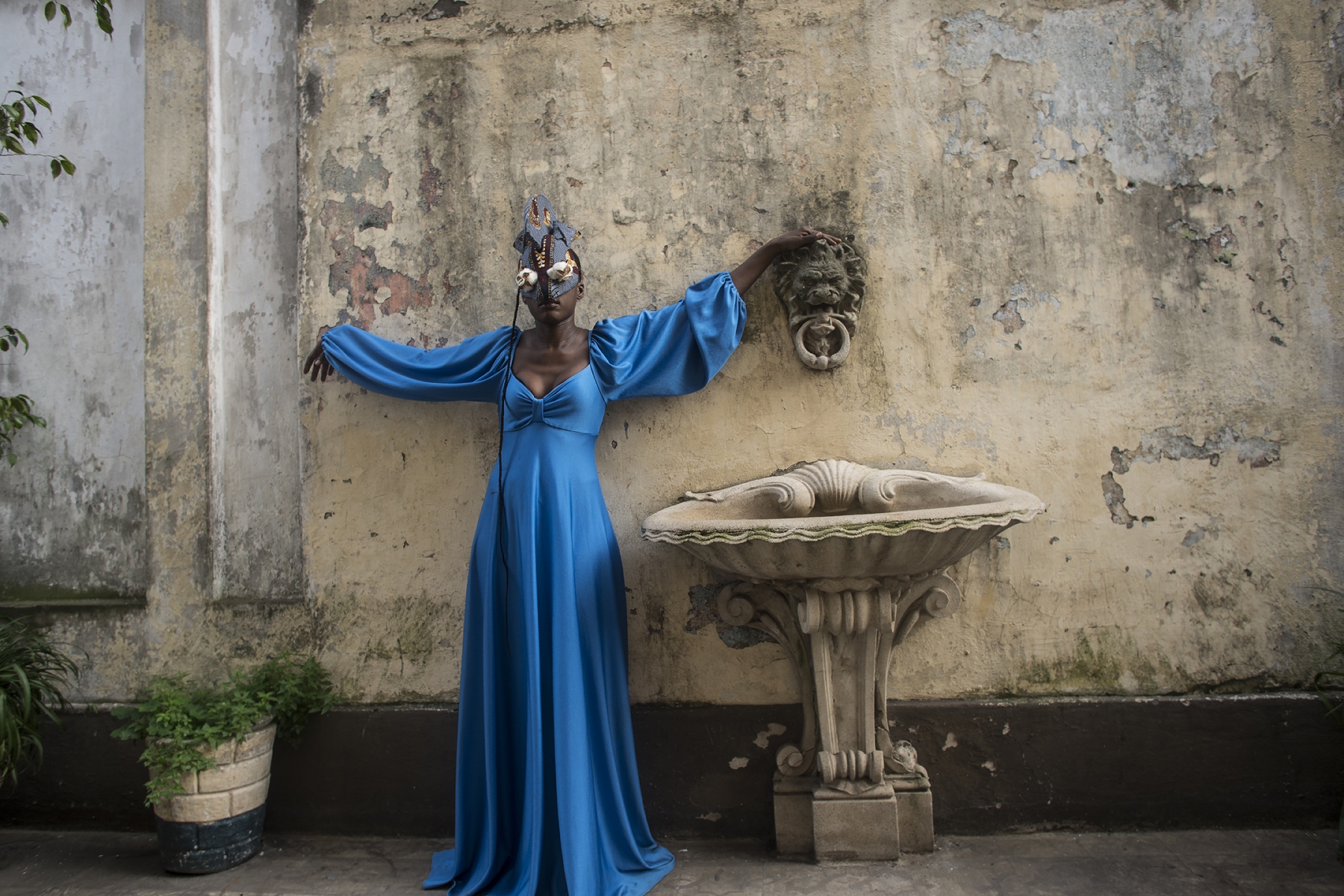
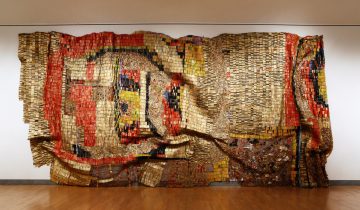
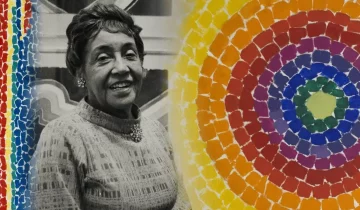
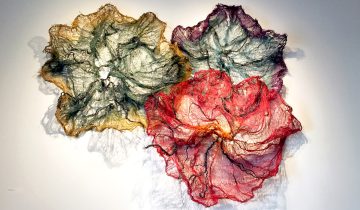
 No products in the basket.
No products in the basket.